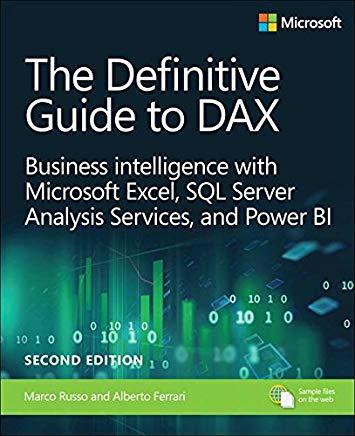WEBLOGIC 10.3 (Oracle 11g) Server Administration Training in Concord
|
We offer private customized training for groups of 3 or more attendees.
|
||
Course Description |
||
| The J2EE platform is Java's answer to enterprise scalable applications. BEA Weblogic is one of the premier Application Servers that implements the J2EE specification. Students will come away from class with the ability to build and configure complete Weblogic domains. The course will cover the details of administrating a J2EE server. This is a hands-on learning experience; each student has their own Weblogic Server.
Course Length: 5 Days
Course Tuition: $2090 (US) |
||
Prerequisites |
|
| This course is intended for Windows/UNIX administrators who need to administer a WebLogic Server platform. Java programming is not necessary, although it may be helpful. | |
Course Outline |
|
Course Introduction
Introduction to WebLogic 10
WebLogic Installation and Testing
Weblogic Console Administration
JNDI with Weblogic
WebLogic Deployments
Configuring JDBC
Configuring JMS
WebLogic HTTP Server
WebLogic Security
Configuring WebLogic Clusters
Node Manager
Weblogic Performance Tuning
WebLogic Scripting Tool |
Course Directory [training on all levels]
- .NET Classes
- Agile/Scrum Classes
- Ajax Classes
- Android and iPhone Programming Classes
- Blaze Advisor Classes
- C Programming Classes
- C# Programming Classes
- C++ Programming Classes
- Cisco Classes
- Cloud Classes
- CompTIA Classes
- Crystal Reports Classes
- Design Patterns Classes
- DevOps Classes
- Foundations of Web Design & Web Authoring Classes
- Git, Jira, Wicket, Gradle, Tableau Classes
- IBM Classes
- Java Programming Classes
- JBoss Administration Classes
- JUnit, TDD, CPTC, Web Penetration Classes
- Linux Unix Classes
- Machine Learning Classes
- Microsoft Classes
- Microsoft Development Classes
- Microsoft SQL Server Classes
- Microsoft Team Foundation Server Classes
- Microsoft Windows Server Classes
- Oracle, MySQL, Cassandra, Hadoop Database Classes
- Perl Programming Classes
- Python Programming Classes
- Ruby Programming Classes
- Security Classes
- SharePoint Classes
- SOA Classes
- Tcl, Awk, Bash, Shell Classes
- UML Classes
- VMWare Classes
- Web Development Classes
- Web Services Classes
- Weblogic Administration Classes
- XML Classes






